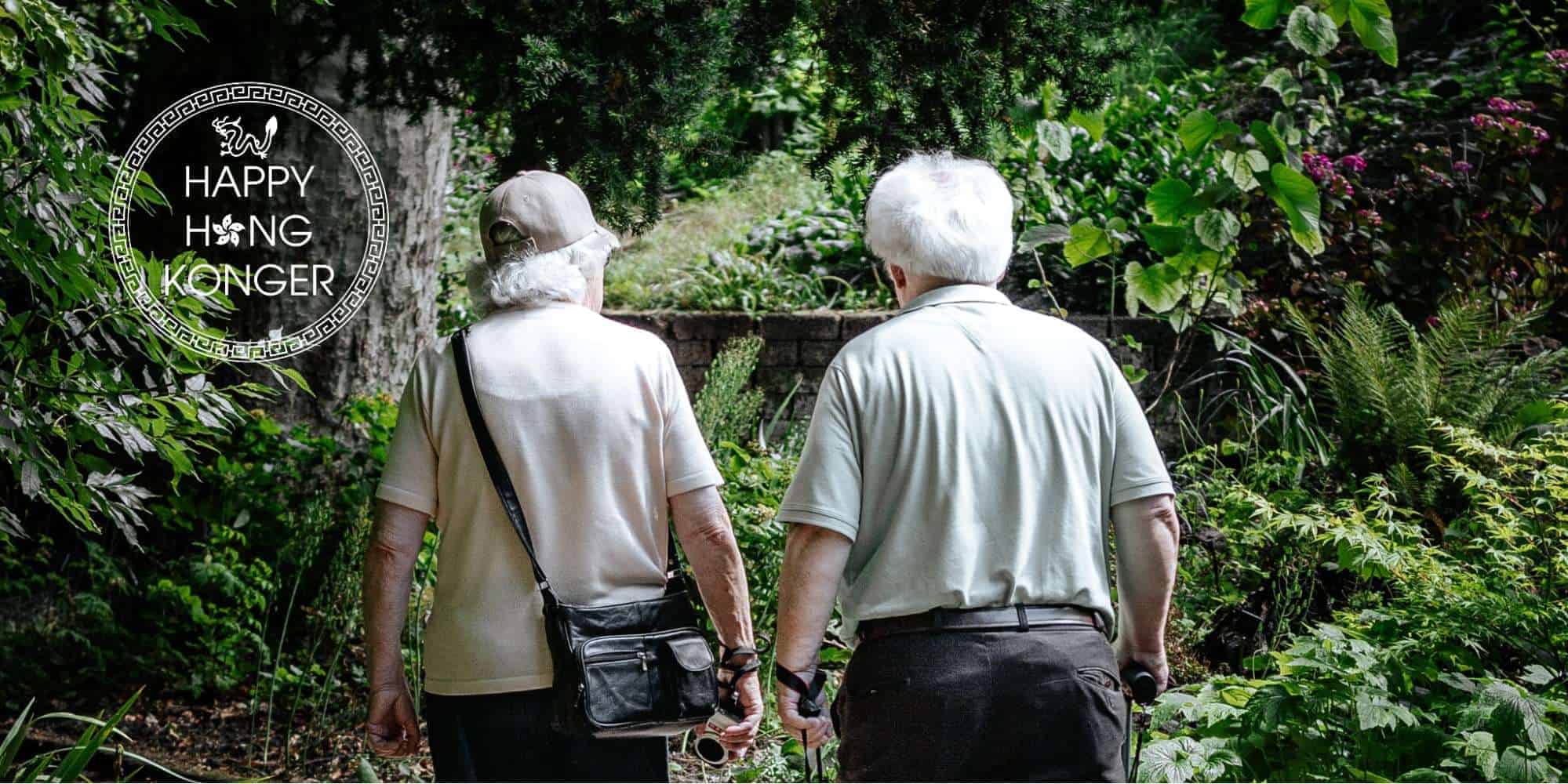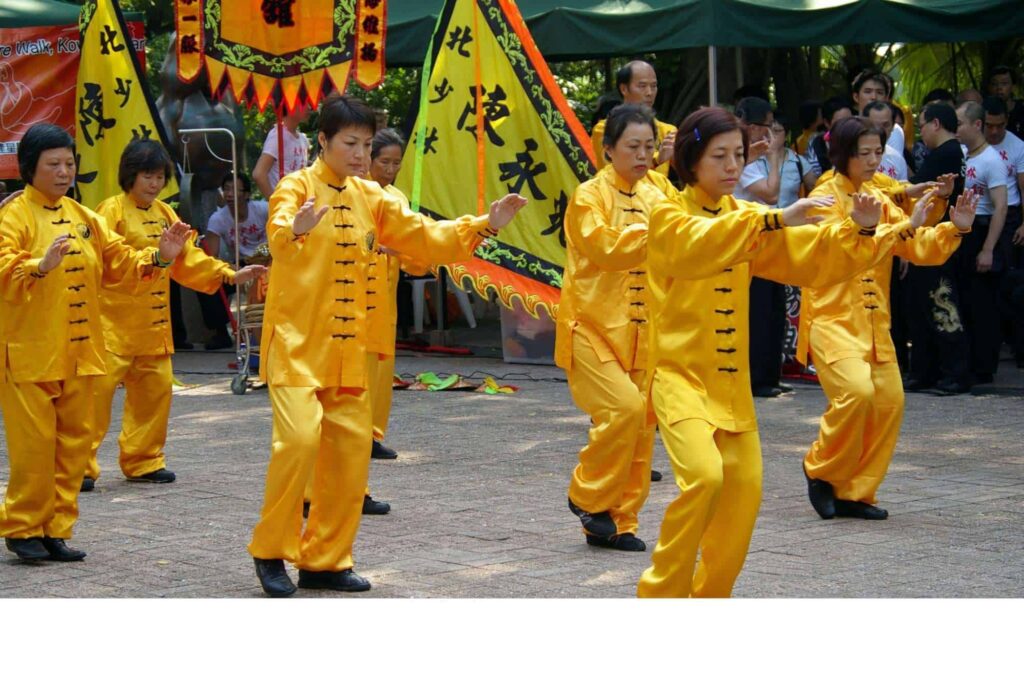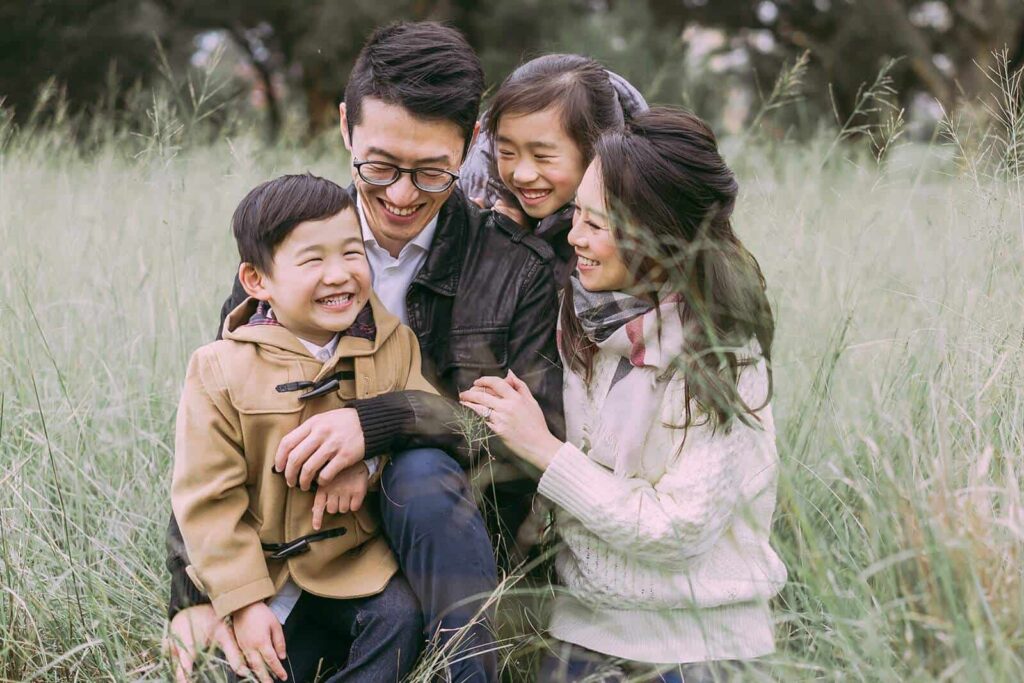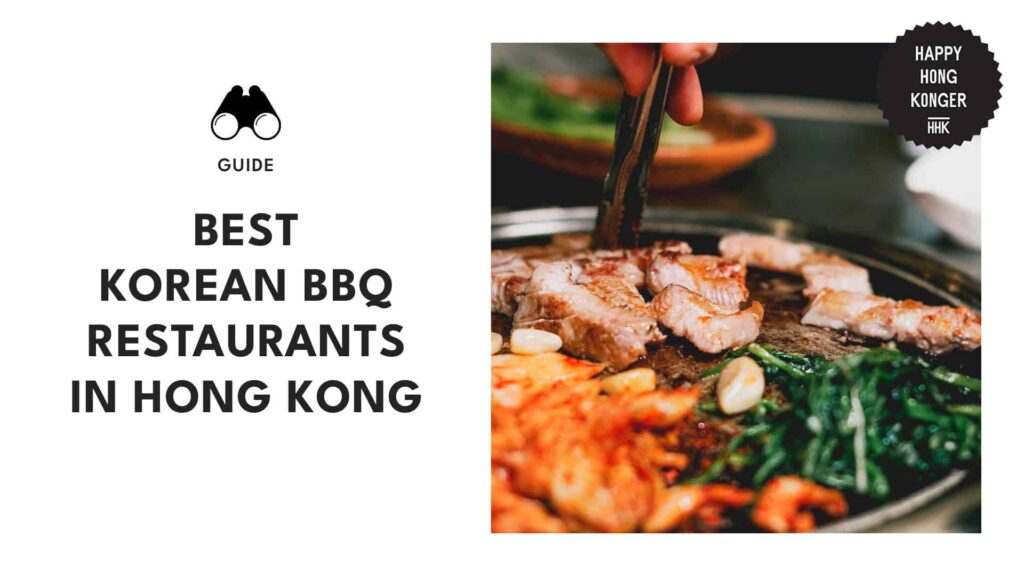Categories > Guides and Tips

Why do Hong Kongers live so long?
- Factor 1 - Hong Kong’s environment is suited to the elderly.
- Factor 2 - Hong Kongers are quite particular about their diet.
- Factor 3 - Hong Kongers receive good healthcare.
- Factor 4 - Hong Kong’s government is currently working on the mental health crisis.
- Factor 5 - Hong Kongers place much value on family time and traditions.
- Are there still areas for improvement in Hong Kong?
Hong Kong, a special administrative region of China, has the world’s highest life expectancy rate among all nations and territories.
Men and women both have average lifespans of 81.9 years, with women living nearly six years longer than their American counterparts.
So what are the factors that make Hong Kongers live longer? What can we learn from them in order to live longer, better lives?
Hong Kongers may live longer because of the city’s environment and its endless pursuit for development, as well as the familial values that encompass traditions and joy over shared and healthy meals.
It may also be due to a rare mix of booming economic conditions, low smoking rates, and development.
Here’s a look at how Hong Kongers stay youthful, from their living conditions to family values, and where they continually improve in a fast-paced city.
Factor 1 – Hong Kong’s environment is suited to the elderly.

Hong Kong has more green space than most cities, and it’s typical to see older folks performing tai chi or qi gong callisthenics in the early morning before gathering for meals and conversation.
Tai chi morning activities are well-liked and seem to have an impact on physical conditioning, although it’s still being researched how much of an impact they have on longevity.
The World Health Organization’s department of ageing and life course have taken note of this, even expressing that developed cities need to be building urban places to support that kind of activity.
Nearly all of Hong Kong’s districts are part of the WHO global network of age-friendly cities, which promotes the development of urban areas that serve senior citizens.
This includes programs for spiritual well-being, physical leisure, and positive portrayals of older people. Even the elderly bask in outdoor activities like camping and fishing.
In addition, the government also launched a program where senior citizens were asked to go about and spot concerns with footpaths and other obstructions to mobility, following which officials took note of the issues and included them in their plans.
Factor 2 – Hong Kongers are quite particular about their diet.

The staples of the modern Hong Kong diet are grains, fruits, vegetables, and animal products.
The emphasis on stir fries, which offer a perfect blend of high-fibre carbs, vibrantly colourful vegetables, and healthy meats like fish, tofu, or chicken, is one reason why dietitians and nutritionists point to the healthfulness of the Hong Kong diet.
However, how meals are eaten together as a family and how much emphasis is placed on food each day may be just as crucial to a Hong Konger’s lifespan.
While finding pleasure in eating itself is vital, being happy with meals frequently leads to reduced eating, according to dietitians.
And in comparison to Western fast food portions, food chains in Hong Kong don’t have a “supersize” option, altogether contributing to a Hong Konger’s reduced risk for obesity-related ailments.
Factor 3 – Hong Kongers receive good healthcare.

The healthcare system in Hong Kong offers both public and private medical services.You wouldn’t need to use a private Hong Kong health insurance if you opt for the public healthcare option.
All public healthcare services are offered by the government for free or a modest price. However, having strong private medical insurance is crucial if you decide to use the private system because the costs might be very high.
In Hong Kong, there are no financial contributions made to the public health insurance system. Simply put, everyone has access to free healthcare thanks to government programs.
Non-permanent residents are included under this system in addition to Hong Kong nationals and permanent residents.
Therefore, you are qualified for public healthcare as soon as you arrive in Hong Kong with a valid visa and obtain a Hong Kong ID card.
Some facts about Hong Kong healthcare:
- In Hong Kong, about 95% of residents have received vaccinations against tetanus, diphtheria, pertussis, measles, mumps, rubella, streptococcus bacteria, polio, and hepatitis B.
- Smokers make up about 10% of the population in Hong Kong.
- The average lifespan in Hong Kong is 88 years for women and 82 years for men.
Factor 4 – Hong Kong’s government is currently working on the mental health crisis.
In highly urbanised, fast-paced cities like Hong Kong, it’s inevitable to the prevalence of stress and anxiety.
While there have been reports of increasing depression and suicide in Hong Kong, the government has been active in helping people understand how to preserve psychological health and deal with daily stress to enjoy life and establish positive relationships.
The GovHK website contains information about mental health and the professional help available to individuals in significant mental distress.
For people experiencing more severe psychological discomfort, the Social Welfare Department’s Clinical Psychological Service can offer free professional assistance and guidance.
For assistance, individuals can contact a social worker or call the Social Welfare Department hotline at 2343-2255, or refer to this article for a directory of the best psychologists in Hong Kong.
Factor 5 – Hong Kongers place much value on family time and traditions.

The nuclear family is the typical family structure in Hong Kong. The majority of households consist of tiny high-rise apartments, with one child being the norm.
The roles of the husband and wife, parent and kid, and older brother and younger brother are all well-established in traditional relationships.
As an illustration, a husband/father is expected to treat his wife with respect and kindness in exchange for her obedience and love, and to provide his children with guidance and safety in exchange for their filial piety, respect, and obedience.
The mother’s traditional function is to take care of the family’s needs while performing household chores. But in Hong Kong, it’s typical to hire a housekeeper to take care of the home and the kids so the mother may work full-time.
Many women have elevated their status in the family through employment, and wives frequently take charge of family decisions.
The primary determinant of seniority in the family is age. According to filial piety, the elders are respected for their knowledge and taken care of by the family.
Hong Kongers revere the preceding two generations several times a year in events that honour their ancestors (parents and grandparents).
The notion that children owe their parents an invaluable debt is honoured by this act of respect. In addition, they must put their family’s interests ahead of all others.
Are there still areas for improvement in Hong Kong?
Experts in longevity concur that even in a nation with the highest life expectancy, there is almost always opportunity for improvement.
The Global AgeWatch Index also looked at social care components, such income security and mental health, which are not Hong Kong’s strong suits when it comes to the elderly.
Mental health is not as prioritised as a component of healthcare, with people frequently having to wait years for a referral to a specialist.
However, the Hong Kong government has been more and more active in addressing this issue, offering psychological help for those who need it.





